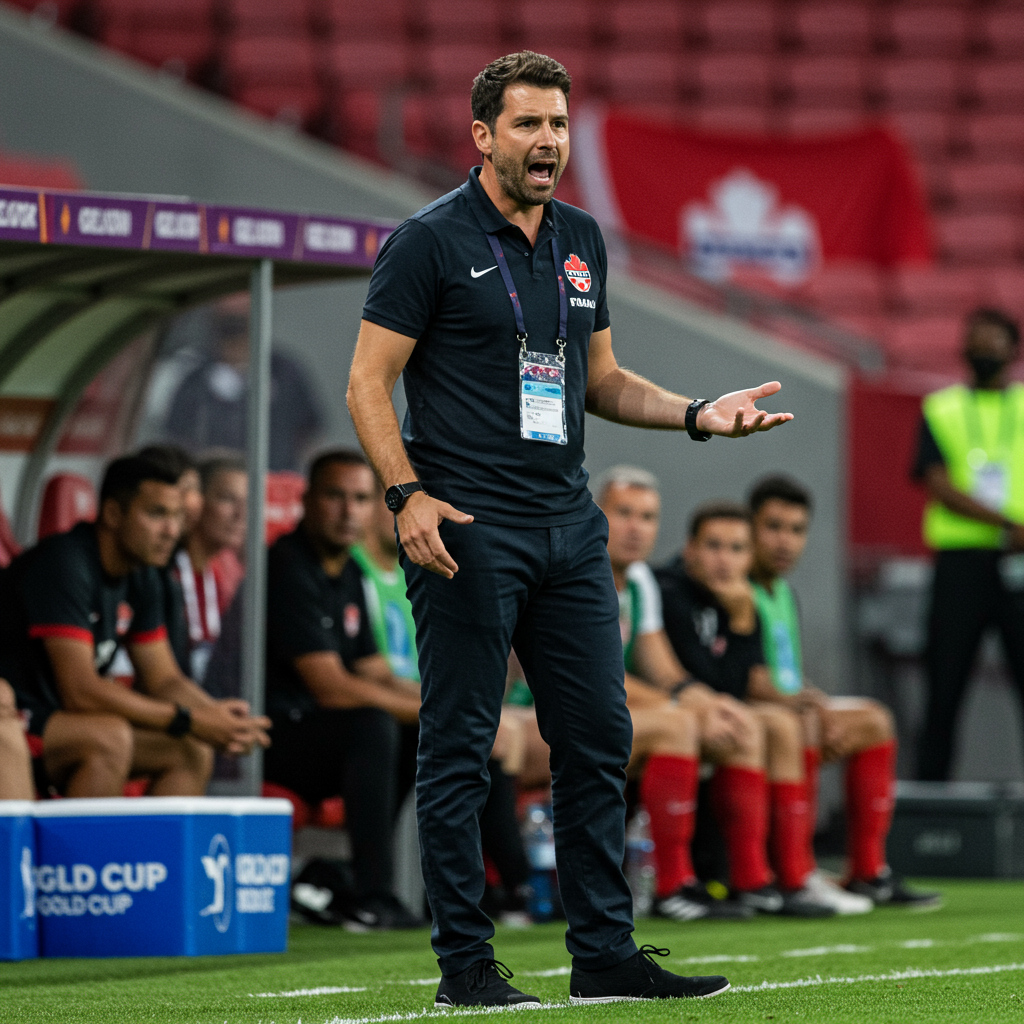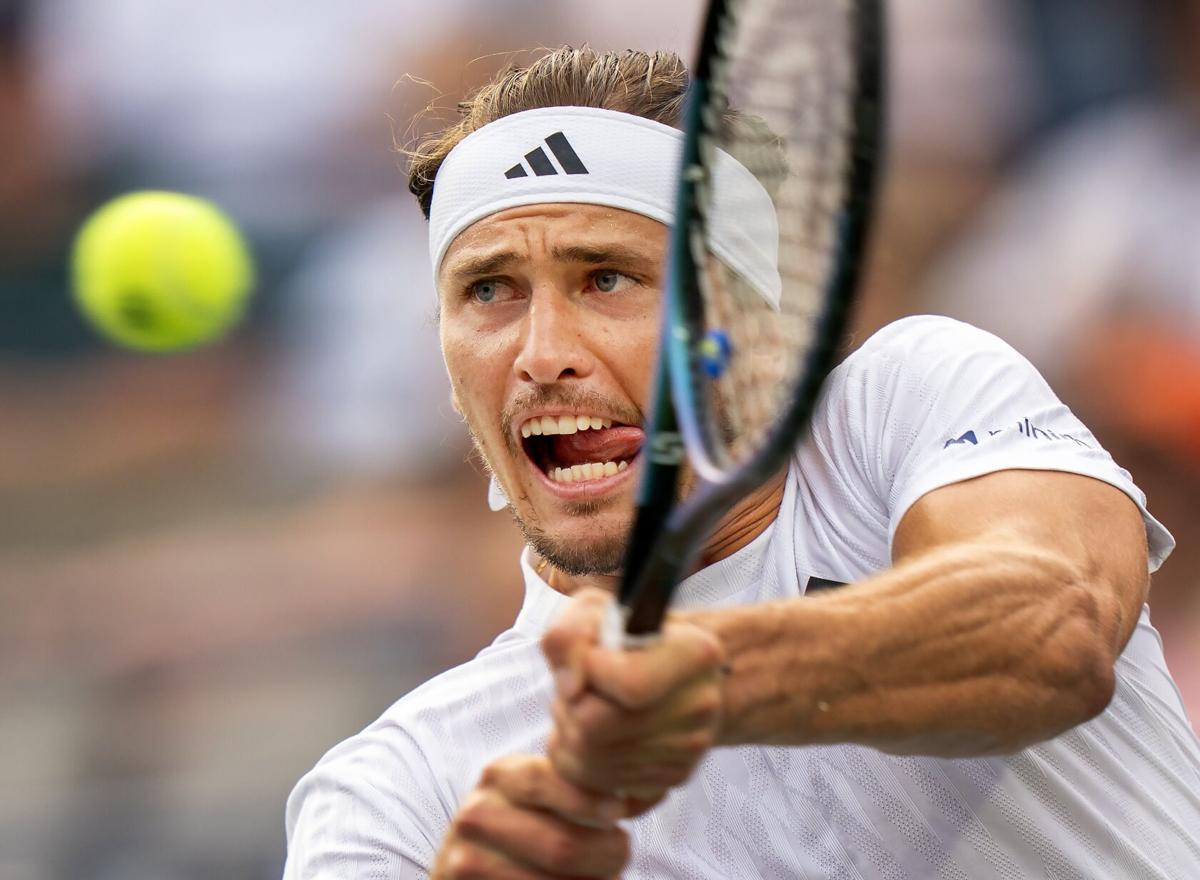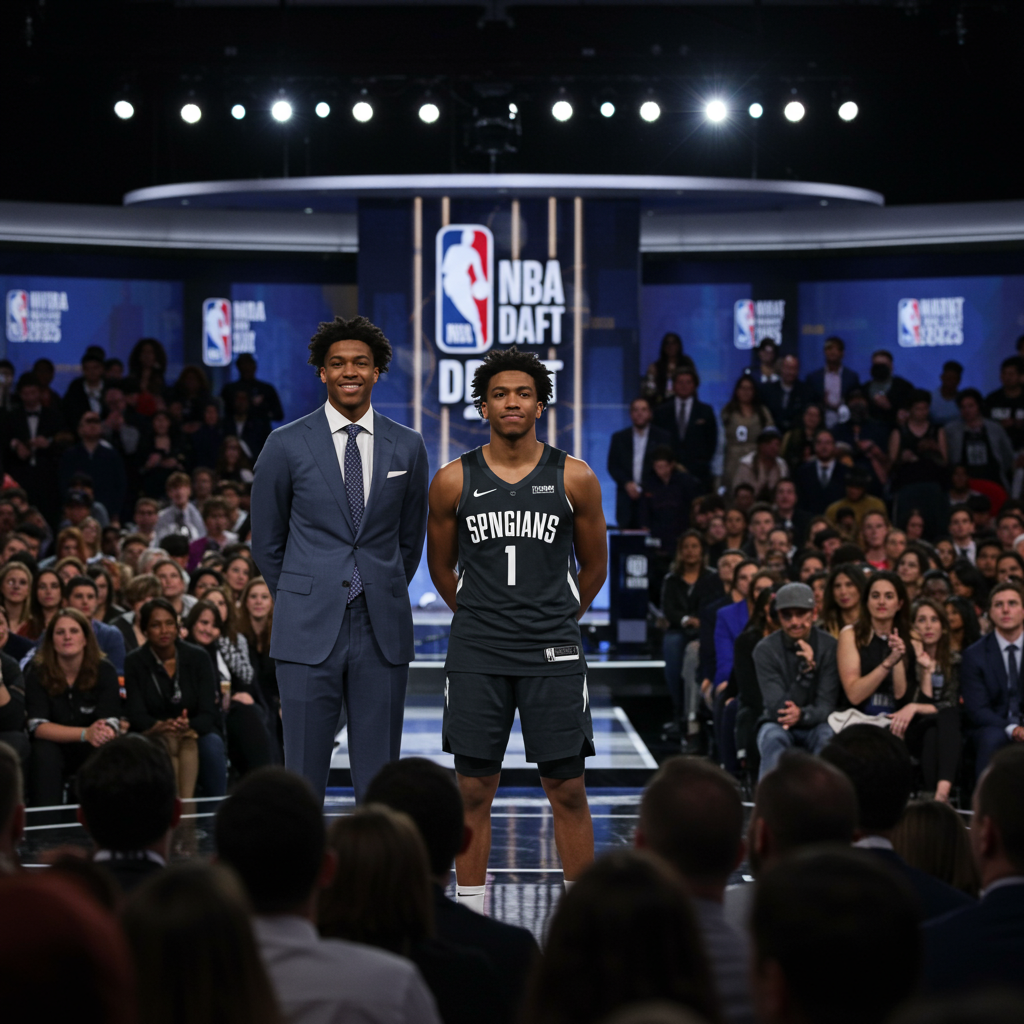Canada’s journey towards securing a spot in the CONCACAF Gold Cup quarterfinals hit a frustrating snag with a 1-1 draw against a resilient Curaçao side in their second group stage match. Despite taking an early lead, Canada conceded a stoppage-time equalizer, a result that felt more like a loss for Jesse Marsch’s team and highlighted key areas for improvement.
The match, played in the challenging heat and humidity of Houston, saw Canada take the lead in just the 9th minute. Following a Jayden Nelson free kick, the ball bounced kindly for 21-year-old midfielder Nathan Saliba just inside the box. Showing impressive composure, Saliba expertly volleyed the ball into the bottom-left corner, scoring his second goal in as many starts for the national team.
However, the early goal didn’t translate into comfortable control for Canada. Curaçao, ranked 90th by FIFA, grew into the game and began to test the Canadian defense, particularly through set pieces and transitions. Canada struggled to maintain momentum and possession after scoring, managing only two shots on target throughout the entire game and holding just 52% total possession.
The second half saw Curaçao intensify their pressure. They adjusted their approach to play more directly, creating dangerous opportunities and forcing saves from Canadian goalkeeper Dayne St. Clair. These efforts included two goals that were ultimately disallowed. Jürgen Locadia saw a curling strike ruled out for offside after a lengthy VAR review in the 66th minute. Later, after a sequence involving a potential handball and confusion following a crowd whistle, another Curaçao goal was chalked off, also for offside.
These disallowed goals served as clear warnings for Canada, yet they failed to adjust effectively or shore up their defense. As the match wore on, the physical nature increased, with Curaçao committing numerous fouls that contributed to a disjointed second period. Despite these disruptions, Curaçao kept pushing.
The dam finally broke for Canada deep in stoppage time. In the 94th minute, Curaçao substitute Jeremy Antonisse capitalized on lost possession near midfield, driving forward and sliding a low shot past St. Clair and into the bottom corner, with a deflection off a Canadian defender helping it in. The late equalizer sealed the 1-1 draw, snatching away a crucial win for Canada.
Analyzing Canada’s Performance and Tactical Lapses
The draw underscored concerns about Canada’s game management, particularly when holding a lead. While Head Coach Jesse Marsch (absent from the touchline due to a two-game suspension and reportedly facing further disciplinary action from CONCACAF) has emphasized the need for his still-growing team to stay calm and “grind out wins,” Canada appeared naive in the second half.
Assistant coach Mauro Biello, filling in for Marsch, noted that Canada let the game become too open and struggled with set pieces and second balls. Defender Joel Waterman admitted the team didn’t adjust well to Curaçao’s direct play, calling the result one that “felt more like a loss.” Kamal Miller echoed the sentiment, dismissing the heat as an excuse and stating the team should have been wiser in handling Curaçao pushing players forward. The inability to “lock down” the game after taking the lead remains a key area for the coaching staff to address before the knockout stages.
Bright Spots: Rising Stars Show Promise
Despite the disappointing result, the match did offer positive signs, particularly from two key midfielders: Nathan Saliba and Ismaël Koné.
Nathan Saliba’s Continued Ascent:
The 21-year-old Saliba solidified his place as an exciting prospect. His early goal showcased confidence and technical skill. Commanding the middle of the park, he displayed maturity beyond his years with direct runs and smart passes. His performances build on a strong Gold Cup opener and come amidst reports of a potential transfer to Anderlecht in Belgium, undoubtedly boosting his self-belief. Coach Marsch reportedly views Saliba as potentially “an important player,” and his continued development suggests a possible spot, or even a starting role, on the 2026 World Cup roster is not out of the question.
Ismaël Koné’s Resurgence:
Midfielder Ismaël Koné delivered a performance that hinted at a return to his best form. Koné had experienced a challenging period following a failed transfer, a subsequent loan spell with limited playing time, and missing early tournament training due to a family matter. However, in his first start of the Gold Cup, Koné was dynamic and effective. He demonstrated strength and swagger, shaking off defenders and excelling in an attacking midfield role. In just 70 minutes, he registered 55 touches (second most among Canadian players), created one chance, and completed five passes into the final third. Koné’s ability to put in such a compelling performance after recent setbacks represents a significant positive takeaway and could signal a crucial turning point for the talented player in the tournament.
Looking Ahead: A Crucial Final Match
With this draw, Canada sits atop Group B with 4 points from two matches. Honduras is second with 3 points, Curaçao third with 2, and El Salvador last with 1.
Canada’s final group stage match is against El Salvador. A win in that fixture would guarantee Canada finishes first in Group B, securing a quarterfinal date against the second-place team from Group C. However, the draw against Curaçao means Canada needs a result against El Salvador to guarantee qualification for the knockout stages.
Jesse Marsch is expected to return to the touchline for the must-win clash against El Salvador. He will need to ensure his team quickly learns from the tactical and defensive lapses shown against Curaçao to secure progression and avoid potential elimination from the Gold Cup.




